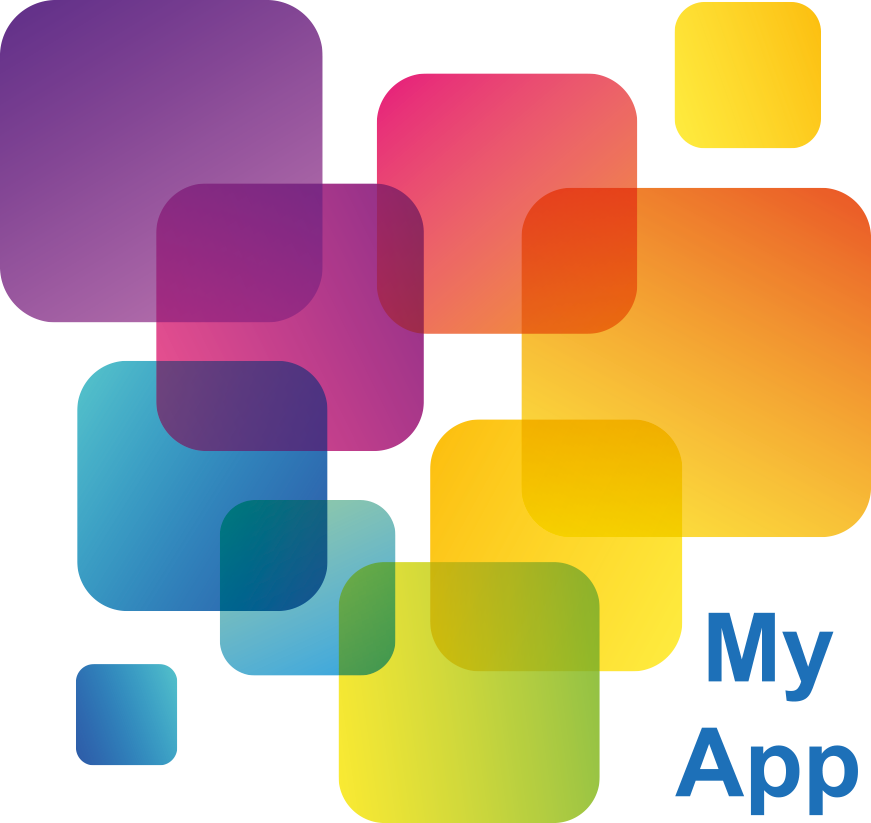We know that poor sleep can be caused by a number of factors. It could be caused by something environmental, physiological, psychological or a combination of these factors. It could be as simple as your room being too hot at night, drinking too much caffeine or more complex factors such as illness, medication, anxiety or depression. Sometimes it's not possible to identify a clear cause.
ENVIRONMENTAL FACTORS
You may struggle to get a good night's sleep if you go to bed at inconsistent times, nap during the day, or don't "wind down" before going to bed. A poor sleeping environment does contribute to insomnia – for instance, an uncomfortable bed or a bedroom that's too bright, noisy, hot or cold.
Changes to your sleeping patterns can also contribute to insomnia – for example, because of shift work or changing time zones after a long-haul flight (jet lag).
PHYSIOLOGICAL FACTORS
Drinking alcohol before going to bed and taking certain recreational drugs can affect your sleep, as can stimulants such as nicotine and caffeine. These should be avoided as they can delay sleep initiation and reduce sleep intensity, particularly when consumed in the evening.
Of all medical conditions, pain is the number one cause of insomnia. For people with chronic pain, trouble falling asleep is one of the most prevalent types of sleep disruption, but waking up during the night and waking earlier than desired are also frequent problems.
Medical conditions can affect your sleep, such as:
- heart conditions – such as angina or heart failure
- respiratory conditions – such as chronic obstructive pulmonary disease (COPD) or asthma
- neurological conditions – such as Alzheimer's disease or Parkinson's disease
- hormonal problems – such as an overactive thyroid
- joint or muscle problems – such as arthritis
- problems with the genital or urinary organs – such as urinary incontinence or an enlarged prostate
- sleep disorders – such as snoring and sleep apnoea, restless legs syndrome, narcolepsy, night terrors and sleepwalking
- long-term pain
Some prescriptions or over-the-counter medications can cause insomnia as a side effect:
- certain antidepressants
- epilepsy medicines
- medicines for high blood pressure, such as beta-blockers
- steroid medication
- non-steroidal anti-inflammatory drugs (NSAIDs)
- stimulant medicines used to treat attention deficit hyperactivity disorder (ADHD) or narcolepsy
- some medicines used to treat asthma, such as salbutamol, salmeterol and theophylline
Check the leaflet that comes with any medication you're taking to see if insomnia or sleeping difficulties are listed as a possible side effect.
PSYCHOLOGICAL FACTORS
Underlying mental health problems can often affect a person's sleeping patterns.
Depression
An inability to sleep is one of the key signs of depression. Another sign of depression is sleeping too much or oversleeping. Lack of sleep or personal problems can make depression worse.
Stress
High levels of stress impair sleep by prolonging how long it takes to fall asleep and fragmenting sleep. Sleep loss triggers our body's stress response system, leading to an elevation in stress hormones, namely cortisol, which further disrupts sleep.
Anxiety
Anxiety is frequently connected to sleeping problems. Excess worry and fear make it harder to fall asleep and stay asleep through the night. Sleep deprivation can worsen anxiety, spurring a negative cycle involving insomnia and anxiety disorders.
 staying asleep for long enough to feel refreshed the next morning. It's a common problem believed to regularly affect around 1 in every 3 people in the UK. Insomnia can be short-term or chronic (ongoing).
staying asleep for long enough to feel refreshed the next morning. It's a common problem believed to regularly affect around 1 in every 3 people in the UK. Insomnia can be short-term or chronic (ongoing).


